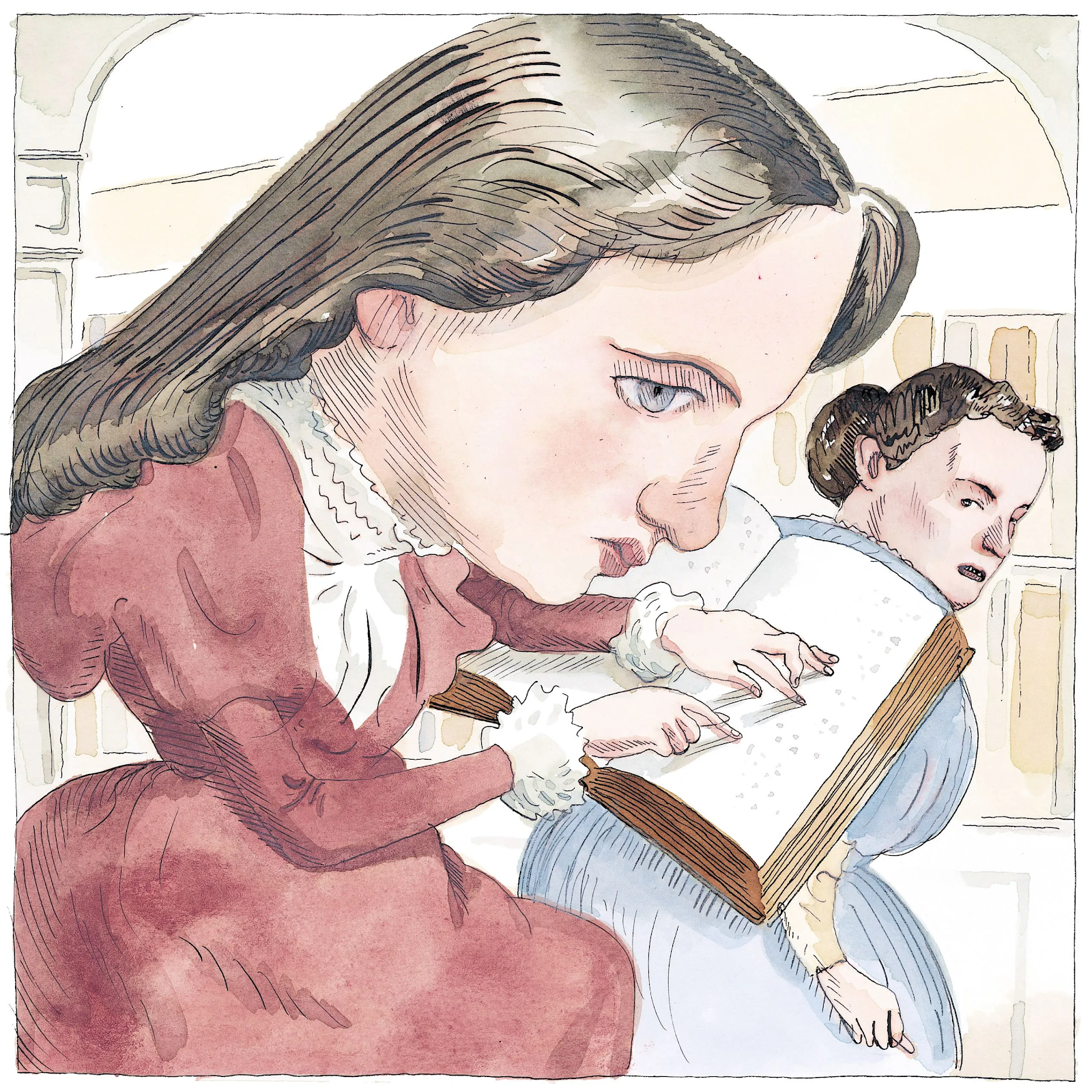The Unbelievable Story of a 6th Grader Accused of Lying About Her
Birthplace: A Lesson in Cultural Awareness
It's not every day that a simple classroom discussion turns into a
powerful lesson in cultural awareness. In this blog post, we'll dive into
the unbelievable story of a 6th grader accused of lying about her
birthplace and how it opened up an essential conversation about
understanding and respect. This story underscores the importance of being
aware of different cultures and the diversity that exists within our
world, even in seemingly familiar settings.
The Incident:
The incident began in a 6th-grade classroom when the teacher was
discussing the students' birthplaces. When one young girl, the daughter of
two US Army soldiers, mentioned she was born in South Korea, the teacher
accused her of lying, insisting that she "wasn't Korean." The girl,
understandably upset, tried to explain her unique situation, but the
teacher dismissed her and urged her to stop lying.
The Aftermath:
Upon receiving a note from the teacher, the girl's mother visited the
school and requested a meeting with the teacher and principal. The
teacher, steadfast in her beliefs, continued to accuse the daughter of
lying about her birthplace. The mother then clarified that her daughter
had never claimed to be Korean, only that she was born in South Korea,
while her parents were stationed there.
The Resolution:
The principal, shocked by the teacher's lack of cultural awareness,
addressed the issue with the teacher, emphasizing the importance of
understanding that Americans could indeed be born overseas. This story
highlights the need for greater cultural awareness in our education system
and serves as a reminder to always approach others with respect and
understanding.
The Lesson Learned:
When it comes to cultural awareness, there are several lessons that can
be learned from the story of the 6th grader accused of lying about her
birthplace. One of the most critical lessons is that we must approach
others with empathy and an open mind. It's all too easy to make
assumptions or jump to conclusions based on our own biases and
experiences, but this can lead to hurtful and damaging
misunderstandings.
In the case of the 6th grader, the teacher assumed that because the
student didn't fit her preconceived notion of what a Korean person should
look like, she must be lying about her birthplace. This assumption was not
only incorrect but also hurtful, as it implied that the student was
dishonest and untrustworthy.
Another lesson we can learn from this story is the importance of
acknowledging and valuing diversity within our own communities. Even
within seemingly homogenous groups, there can be a wide range of
experiences and backgrounds, and it's crucial to recognize and celebrate
these differences. By doing so, we can create a more inclusive and
welcoming environment for everyone, regardless of their race, ethnicity,
or cultural background.
Finally, the story of the 6th grader highlights the need for greater
cultural awareness in our education system. Teachers, administrators, and
students all have a responsibility to learn about and appreciate different
cultures, recognizing that our differences make us stronger as a society.
This can include incorporating diverse perspectives and histories into our
curriculum, as well as providing training and resources to educators to
help them better understand and support students from all backgrounds.
In today's increasingly globalized world, cultural awareness is more
critical than ever. The story of this 6th grader and her teacher serves as
a powerful reminder of the importance of respecting and understanding the
diverse backgrounds of those around us. As educators and individuals, we
must strive to create inclusive environments that foster open-mindedness
and empathy for all.
Relevant References:
- https://www.edutopia.org/article/cultural-awareness-classroom-why-it-matters
- https://www.parents.com/parenting/better-parenting/teaching-tolerance/teaching-children-about-diversity/
- https://www.kqed.org/mindshift/51200/7-ways-to-foster-cultural-awareness-in-the-classroom
